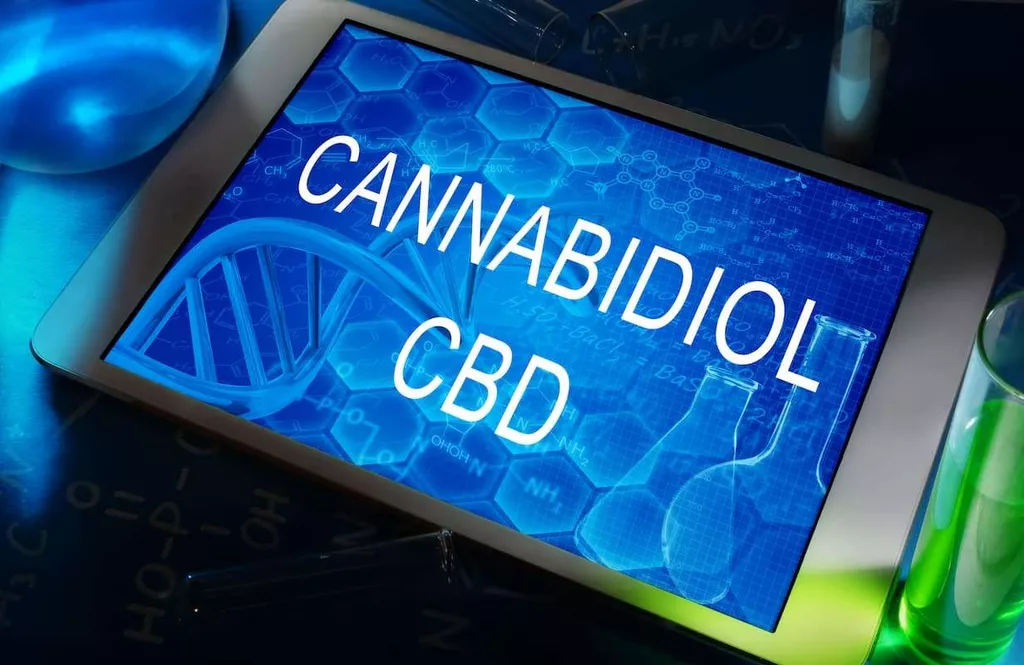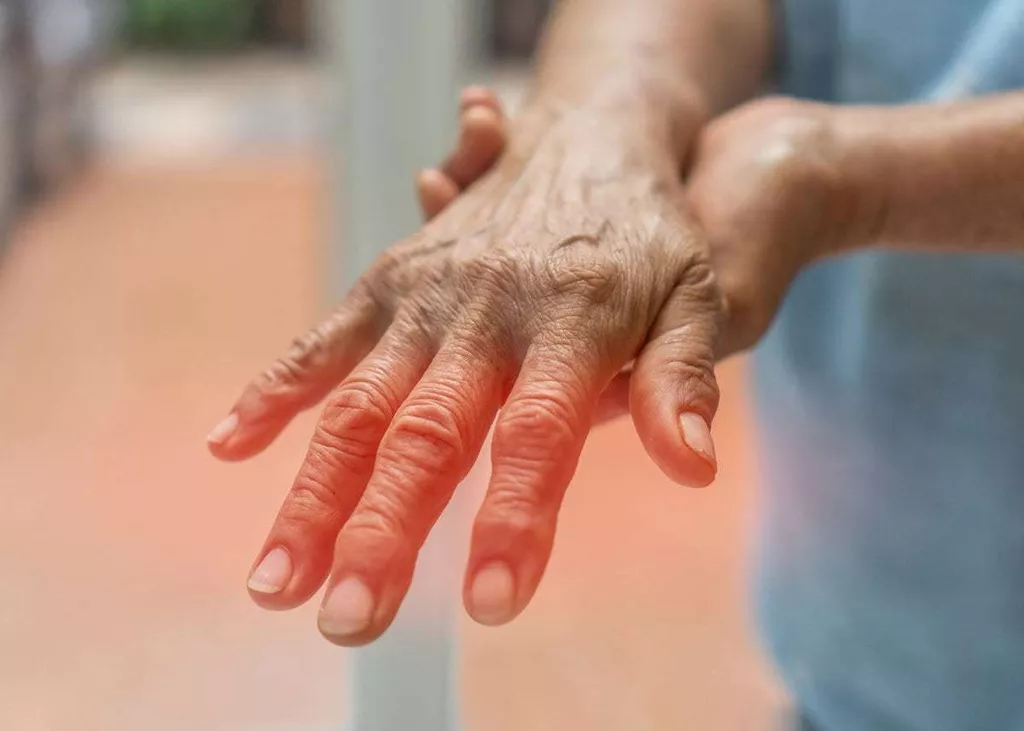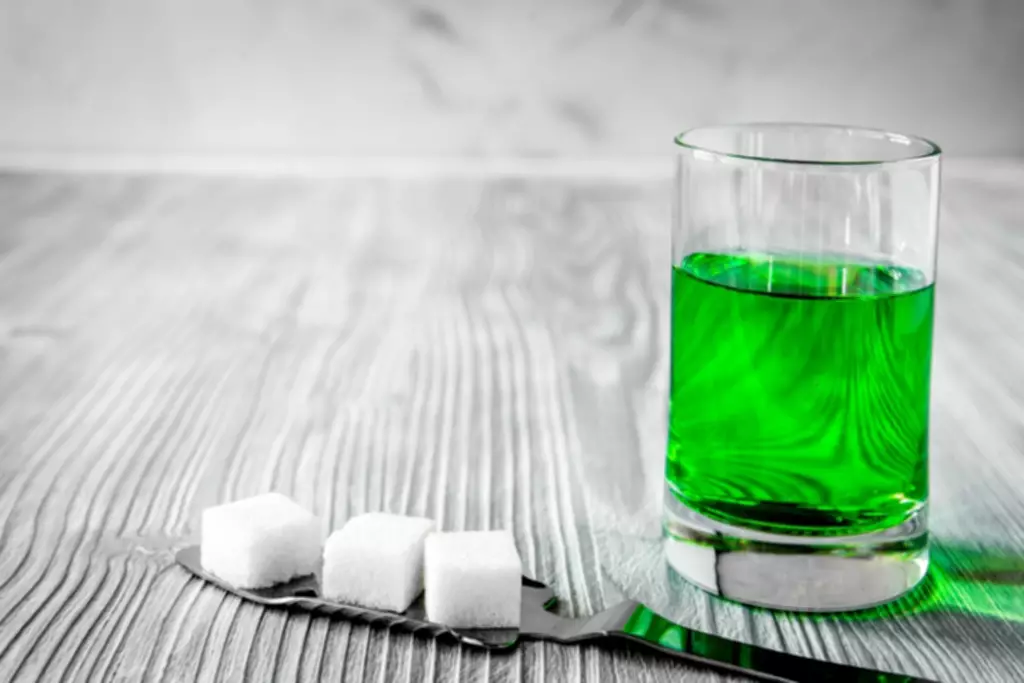The Importance of Gratitude in Recovery

These effects are crucial as stress and negative emotions often accompany addiction recovery. Additionally, regular gratitude practices can bolster physical health, contributing to better immune function and heart health—key components that support overall well-being during recovery. Keeping a gratitude journal is a common practice that helps individuals refocus their thoughts. This shift gratitude in recovery from negativity to positivity is vital, especially in early recovery, where overwhelming emotions often occur.
FAQs about The Power Of Gratitude In Addiction Recovery: Cultivating A Thankful Mindset
Engaging in a spiritual or mindfulness practice like meditation, yoga, or prayer can better connect with your body’s capabilities and create space in our lives to reflect on thoughts of gratitude. Every day, take just a moment or two to write down a few things that make you grateful. It could be spending an afternoon with a friend or watching the sunrise. Then, if you’re having an especially difficult day, read over some of the things that have filled you with gratitude. Gratitude isn’t just a nice thing to do — it’s a key component to long-term recovery.
The Role of Inpatient Detox Programs
This involves writing down a few things each day that one is thankful for. Studies have shown that this practice can enhance emotional well-being and cultivate a sense of abundance. In the initial stages of recovery, gratitude is fundamental for several reasons. It helps individuals recognize their progress and provides a source of energy, pride, and accomplishment. Gratitude also fosters connections with others and the world around them, bringing hope and inspiration into their daily lives.

#6. Be Grateful For Gaining Clarity
Choose to go to new, drug free places rather than old hangouts connected to your addiction. Find new friends instead of people who are still using drugs or alcohol. Make a deliberate effort to replace old drug related behaviors and thoughts with new, positive ones. Recovery can give people with addictions the opportunity to repair relationships broken by substance abuse, and to move forward in healthier ways. Whether it’s with loved ones, family members, friends, or even co-workers, recovery can give you the option to rebuild, and strength your relationships in life. If you’re already using a journal to support your recovery, you can add a gratitude section or allot part of every entry to record things that you’re grateful for that day.

For more insights on this connection, read about staying present in recovery journey. Practicing gratitude in recovery can create a powerful shift in mindset, drug addiction allowing individuals to focus on what is present rather than what is lacking. There are several effective techniques for cultivating gratitude that can support individuals on their journey. Practicing gratitude plays a vital role throughout the recovery process.
How Trauma Therapy Supports Long-Term Sobriety
- The third group was asked to write about the negative and positive events that affected them.
- When practiced regularly, gratitude builds stronger connections between people and within ourselves.
- Individuals are less likely to succumb to feelings of entitlement or frustration, which can otherwise derail their progress.
- By addressing both spiritual disconnection and neurological factors, recovery can be approached more holistically and effectively.
Explore the need for drug addicts’ recovery, from barriers to treatment to empowering therapy approaches. Discover how meth recovery stages seem impossible at first, but hope and healing are within reach. Explore the types of psychotherapy and find the right treatment approach for mental well-being and healing. ‘ – Understand its impact on behavior, health risks, and side effects. Are you looking for more ideas for how to stay committed to sobriety?
- Volunteering or being in service is one of the best ways to begin to feel grateful.
- Recovery is difficult, and maintaining a sense of gratitude can be crucial to a full and lasting recovery.
- However, research has demonstrated that gratitude has the power to improve happiness and aid in reducing symptoms of depression and anxiety—common triggers for the cycle of addiction.
When you are mindful, you focus on the task at hand and clear away negative thoughts that may try to creep in. Whether you’re walking your pup, vacuuming or watering your plants, try doing so mindfully. Mindfulness allows you the opportunity to be grateful for each moment, no matter how mundane.

It helps individuals focus on positive things in their lives instead of dwelling on negativity. Regularly practicing gratitude trains the mind to seek positivity in every situation. These letters allow us to express our appreciation towards people who have impacted our lives positively, improving our mental and emotional well-being. Using gratitude as a driving force for positive change involves consciously focusing on the things we are grateful for and using these as motivation to create positive change in our lives.

In recovery, make self-care a priority by taking steps to improve your circumstances or your health, or saying no to people and activities that don’t support your goals for recovery. Addiction can rule a person’s life, as getting and using the drug or drink of choice can dictates actions large and small. Many addicts experience loss of time, as they are not as present when they are using.







